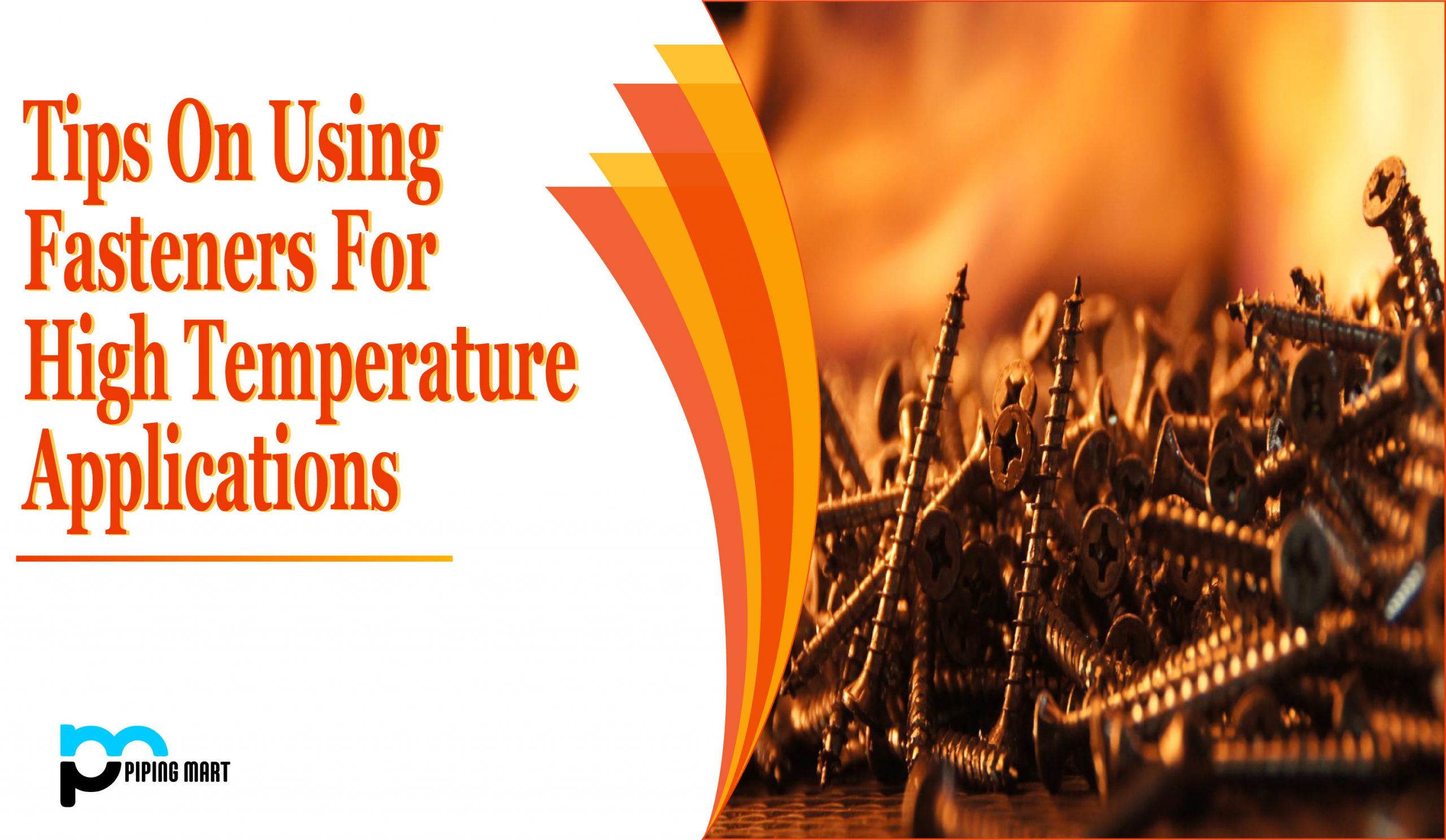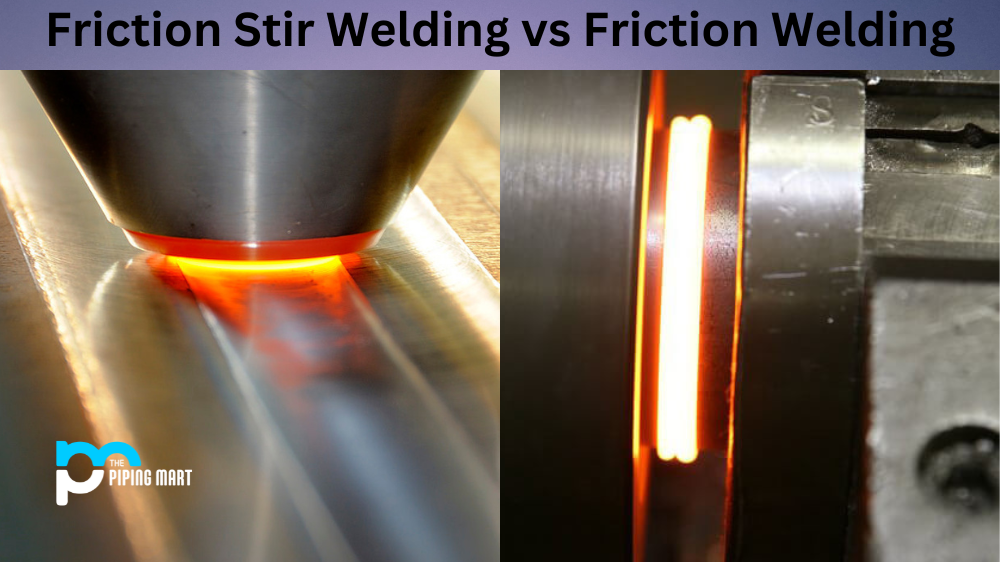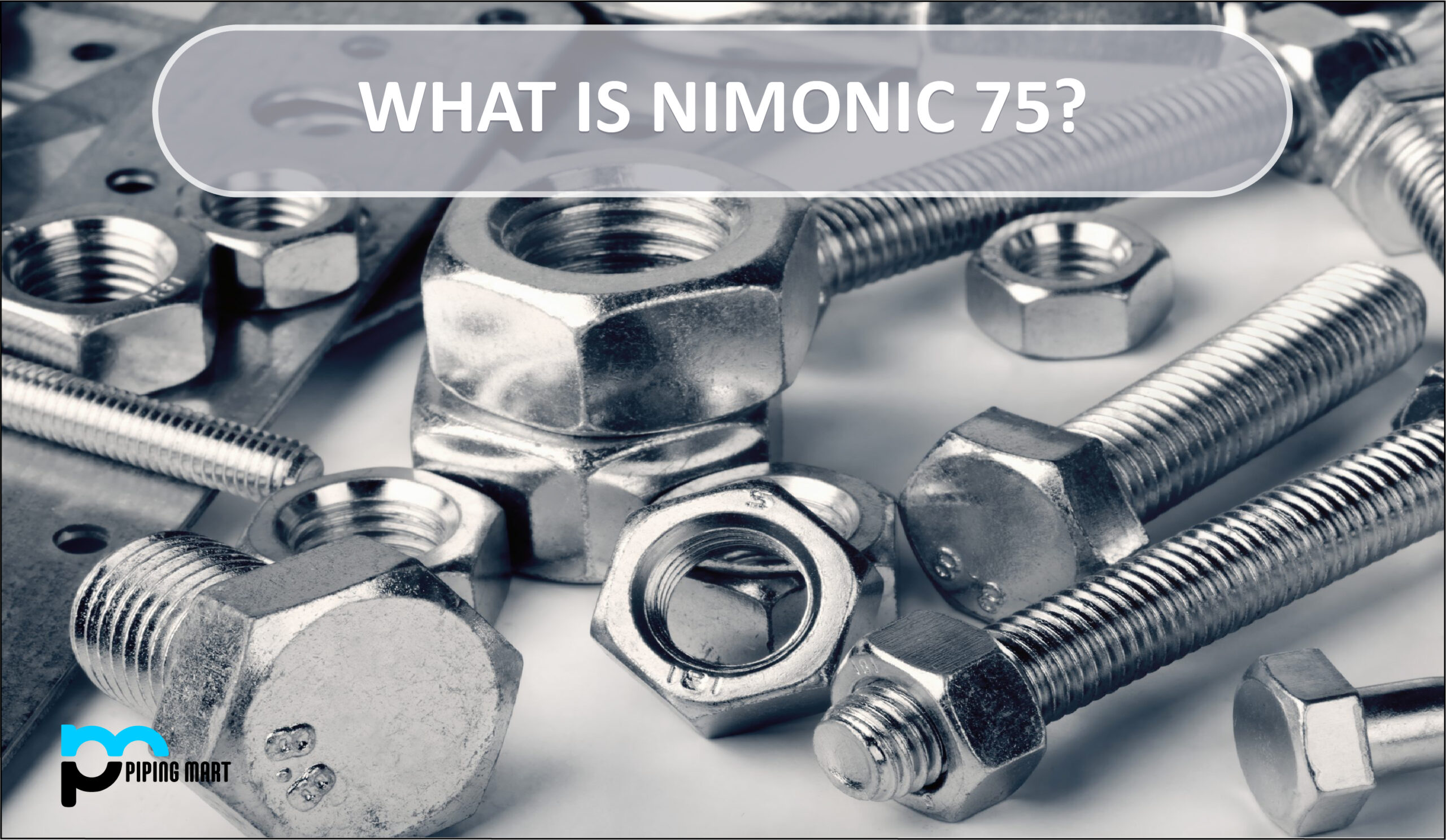The type of fastener that is being used is very important if it is going to be exposed to high temperatures. This affects the longevity of the process. Features of fasteners which are related to high temperatures should be studied carefully.
How high temperatures affect fasteners?
One of the challenges faced by fasteners when exposed to high temperatures is oxidation. The other problem is that the fasteners may melt. But if exposed to 1000 degrees Fahrenheit or less, most of the metals will not melt. Another issue faced is of rapid expansion. This increases their diameter, and then later contracts when it cools down. Fasteners can even fall out of place when exposed to vibrations.
Different alloys that you can use:
Alloys are typically used for fasteners in high-temperature environments. By making alloys, the benefits of different metals can be combined and the fastener can be made more resistant to heat and oxidation. Two of the most commonly used alloys:
- A- 286: this alloy consists of iron, nickel, and chrome. It has very good mechanical properties and is resistant to oxidation and high temperatures. The only disadvantage is that this alloy can retain these properties only up to a temperature of 1300 degrees Fahrenheit. Above this temperature, this alloy will start oxidizing. At high temperatures, it probably starts melting.
- Nickel: many types of nickel alloys are available like Inconel socket head cap screws. This alloy has a very high oxidation resistance at high temperatures. Even this alloy as a drawback, and cannot be used at temperatures above 1800 degrees Fahrenheit.
There are many fasteners that can be used for even high temperatures around 2000 or 3000 degrees Fahrenheit. Fasteners made of molybdenum are used here. Titanium socket set screws are very effective in this range. Another type of fastener that can be used in high temperatures is ceramic fasteners.

Pipingmart is B2B portal specializes in industrial, metal and piping products. Also, share latest information and news related to products, materials and different types grades to help business dealing in this industry.




